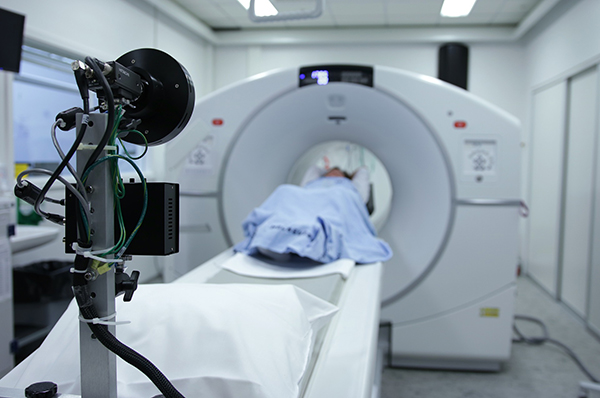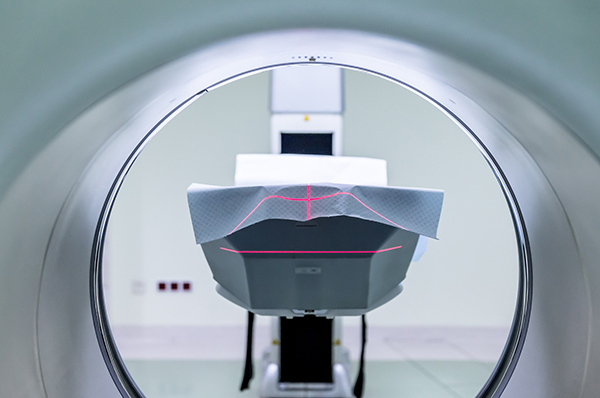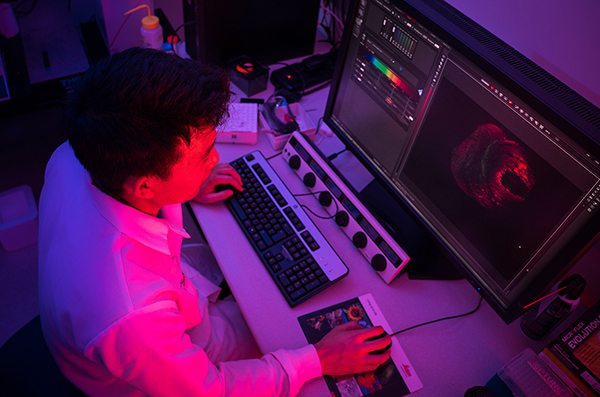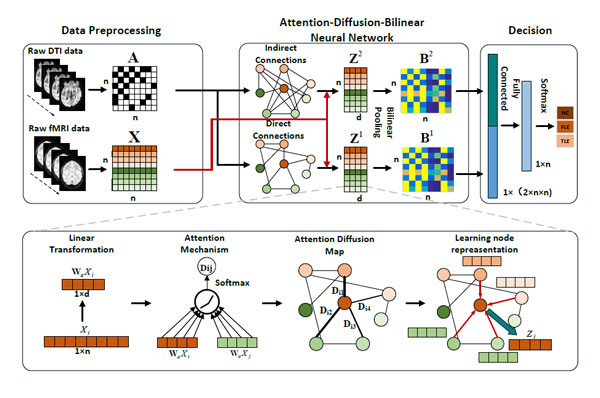Redefining AI to revolutionise healthcare
Under the theme of digital health imaging, we are developing next-generation AI technologies to revolutionise healthcare with the capacity to improve diagnostic efficiency and accuracy. With this, we aim to:
- bridge gaps between the increasing needs for medical practitioners and limited medical resources
- monitor disease progression at a subclinical level to inform personalised treatment planning and patient management
- further our understanding of disease and continue to pioneer innovations in healthcare and biotechnologies
- investigate more advanced AI solutions that support the shift from hospital-based to virtual-based care
We are a group of researchers across the University of Sydney, covering a broad range of multi-disciplinary research areas related to AI and healthcare. Under the umbrella of Digital Health Imaging, we are united by our close and productive multidisciplinary collaboration, a highly collaborative clinical research environment, and a strong link to industry partners.
Collaborate with us
Current Projects
-

Leading digital infrastructure
Underpinning our leading AI research, we will expand on the AIS platform, designing and implementing…
-

Explainable AI
In this project, we will study the research area “explainable AI” that enables the outputs…
-

Imaging enhancement using AI
This project aims to exploit advanced AI technologies to enhance the quality of MRI data…
-

Imaging biomarkers from AI federated learning
This MRFF project seeks to build a novel, hybrid AI learning ecosystem to generate clinically-relevant…
-

Human intelligence in AI loop
In this project, we will investigate how to introduce human intelligence in the loop when…
-

Imaging analysis and AI
In this project, we will focus on cohesively developing advanced AI technologies to revolutionise imaging-based…
Professor Jinman Kim
Phone
+61 2 9036 9804
Dr Luping Zhou
Phone
+ 61 2 8627 6802
Email
luping.zhou@sydney.edu.au
Professor Fernando Calamante
Phone
+61 436 017 470
Email
fernando.calamante@sydney.edu.au
Dr Ryan Sullivan
Phone
+61 4 9040 0188
Core Research Team
Our partners
We work with eHealth NSW on secure data for clinical research, and through our Australian Imaging Service, work with eHealth Queensland, Victoria Health, and WA Health.
We also work with private sites such as I-MED Radiology Network and Melanoma Institute Australia with our clinical colleagues.



